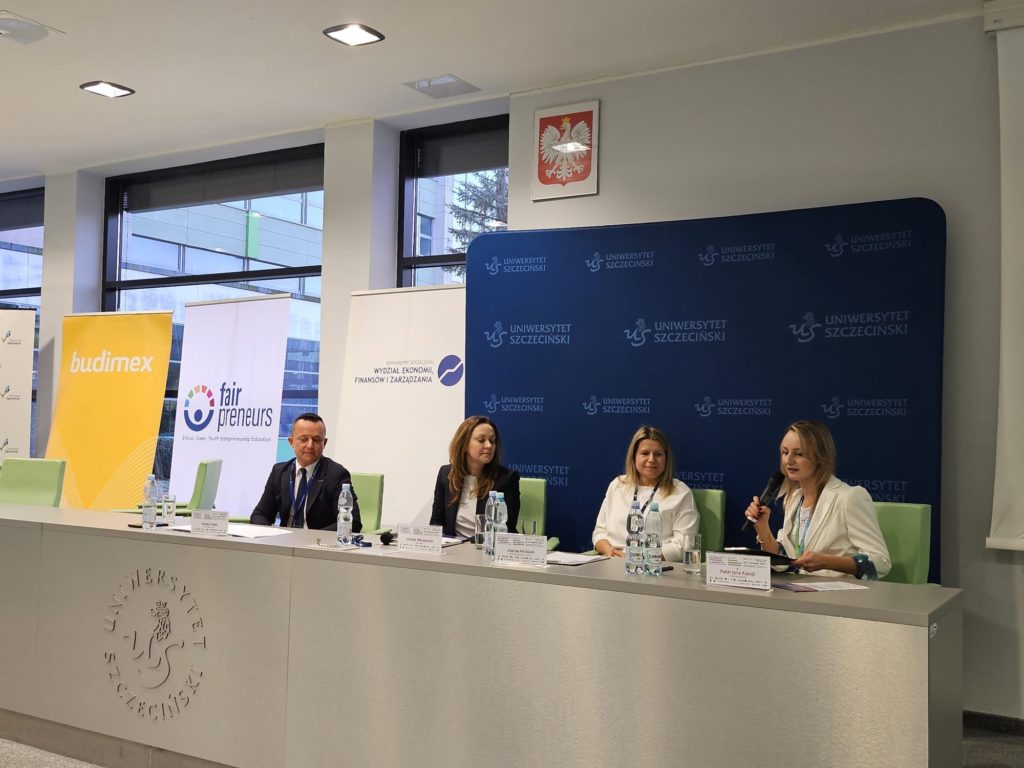How can science and business jointly shape the future?
How can science and business jointly shape the future?
The line between the world of science and business is becoming increasingly blurred. Today, having an idea is not enough – the key lies in its practical application that can transform the market. Companies seek new technologies and solutions, while universities aim to see their research come to life beyond academic walls. It is precisely where these two worlds meet that groundbreaking innovations and solutions with a real economic impact are born.
Recently, we had the pleasure of participating in the National Scientific Conference “Innovation Management in the Economy”, held in Szczecin. The event brought together representatives from academia, business, and public administration, showcasing the importance of integrating these environments. The conference’s partners included Ministerstwo Nauki, Województwo Zachodniopomorskie, Miasto Szczecin, Uniwersytet Szczeciński, Północna Izba Gospodarcza oraz Urząd Statystyczny w Szczecinie.
💬 As panelists emphasized, “innovations are born where practice meets theory.” For us, as a company operating in the logistics industry, this event was a perfect opportunity to discuss the future of the market, the implementation of new technologies, and the responsibility of business in the context of sustainable development.
Why is the collaboration between science and business so crucial?
➡️ New ideas and technologies – Universities are hubs for groundbreaking solutions. For businesses, working with researchers is a chance to implement innovations that can revolutionize entire industries.
➡️ Development of competencies – Joint projects with universities and students are not just investments in new technologies but also in young talents who will fuel the future workforce.
➡️ Building competitive advantage – Access to research results and their practical applications allows companies to outpace their competitors.
➡️ Sustainable development – Collaborating with science helps companies better understand global challenges, such as climate change and social responsibility, and implement real solutions.
Participating in events like the Szczecin Conference allows us, as a company, to take a broader view of our operations and industry challenges. This enables us to more effectively develop innovative projects that contribute to building modern logistics.
Together with partners such as universities and scientific institutions, we create solutions that not only drive the growth of Galan Logistics but also strengthen the regional and national economy.
What benefits do you see in merging the worlds of business and science? Share your experiences in the comments – we’d love to discuss how we can innovate together!



